NGC Experience: Alain Glanzman
Like many entrepreneurs and founders, Alain Glanzman is moving at a breakneck pace.
“We risk much running at a brick wall at full speed,” he said. “And if you don’t take time to recognize that and do something about it, you’re going to end up in a lot of trouble.”
This acute awareness is one of many powerful takeaways from his experience in the Foundation for Effective Leadership program from NextGen Center.
“There are a lot of things being asked from these entrepreneurs — from all these different stakeholders,” he continued. “And if you're not taking a second to realize and acknowledge that this is stressful, that a great deal is being asked of you, it is going to have some sort of impact on your emotional and mental well being.”
Glanzman was enrolled in the Foundation program on behalf of NC IDEA, an independent private foundation committed to empowering North Carolinians to achieve their entrepreneurial potential. He was with NC IDEA as an entrepreneur-in-residence while finishing his MBA.
“They asked me if I wanted this amazing opportunity to be part of leadership program, which would be a couple of days over a six month period. It was something that I knew would be important as I continue to build my company, WalletFi, and continued to improve personally. And from a leadership standpoint, I jumped all over it.”
As a result of being open to the opportunity, Glanzman came away from the program with frameworks and a tool set to help him deal with that breakneck pace, and those outside pressures that nearly all founders face.
And it was transformative. Among the tools he developed came a deceptively simple one: the art of open-ended questions.
“I typically wouldn’t ask open-ended questions. It was clear that I was not really looking for a response. I didn’t really give my team a way to respond outside of what I expected them to say. So that’s what they did. And then I hadn’t learned anything, and I hadn’t really progressed anything. Now I catch myself thinking about how to ask an open ended question that really allows somebody that I am managing to tell me what they think, and what I can learn from that.”
This style of communication is a critical part of the idea of “leader as coach,” and something Glanzman has truly internalized as he moved forward in his career after completing the program.
“I thought of myself as an entrepreneur with employees. I knew I was supporting them financially through their salary. But as a leader, you also have to ask, are you supporting your team and helping them become leaders themselves? You have to coach them. And then you need to give them the tools to be coaches themselves.
You are empowering the people in your company to solve problems and communicate better. Because problems will always come up. But if you have a framework and they have the tools to deal with them effectively, the problems never get out of control.”
Glanzman observed that this was one of many reasons the NextGen Center program isn’t like other leadership programs. With the Foundation program, you are asked to do the work around yourself as a leader, to start with yourself before you can lead others.
And to do that work, the first challenge is to simply give yourself permission to take the time. “What I heard over and over from people in the program with me is that this is an opportunity for us to take a full day and give it to ourselves. That resonated with all these people who otherwise wouldn't set aside eight hours out of a work week to focus on their own visions of themselves as leaders.”
In addition to the program, Glanzman was also given the chance to do coaching work one-on-one with NextGen Center founder, Brian Alvo.
“It was phenomenal,” he said. “I'd never worked with an executive coach. I took our sessions seriously and I felt that I got a ton of value. From a company standpoint, there were some real and strategic decisions that were made based on things that had come out of our coaching sessions.”
Glanzman highly recommends any young founder, new CEO or emerging leader explore the same or similar opportunity to the Foundation for Effective Leadership program. “You’re not stuck in your ways yet. You can build good habits and set yourself and your team up for success from the beginning,” he advised.
But he’s well aware that budgets can be brutal on line items like coaching, training, and development. And to that objection, he asks a simple question. “Can you afford NOT to do it?”

